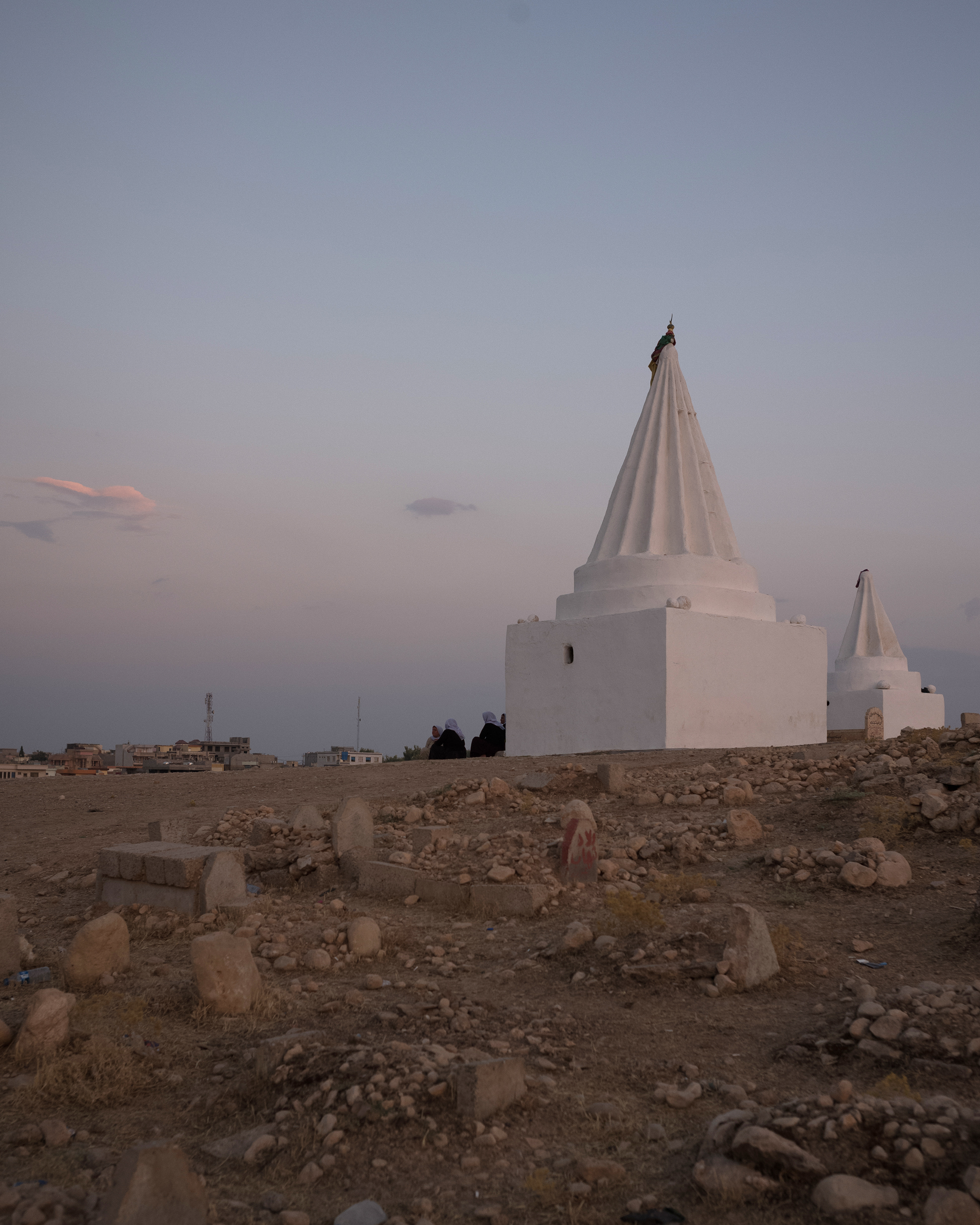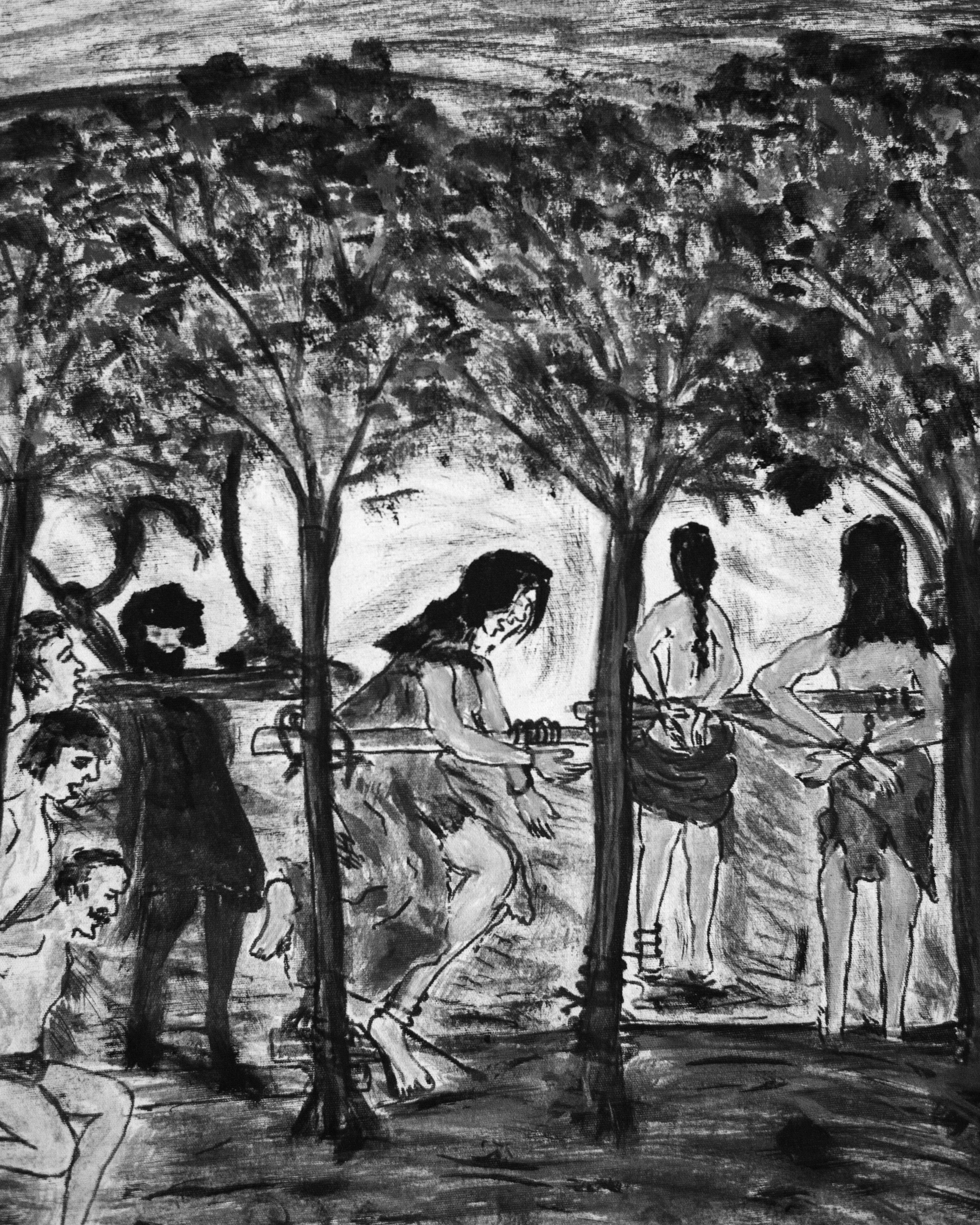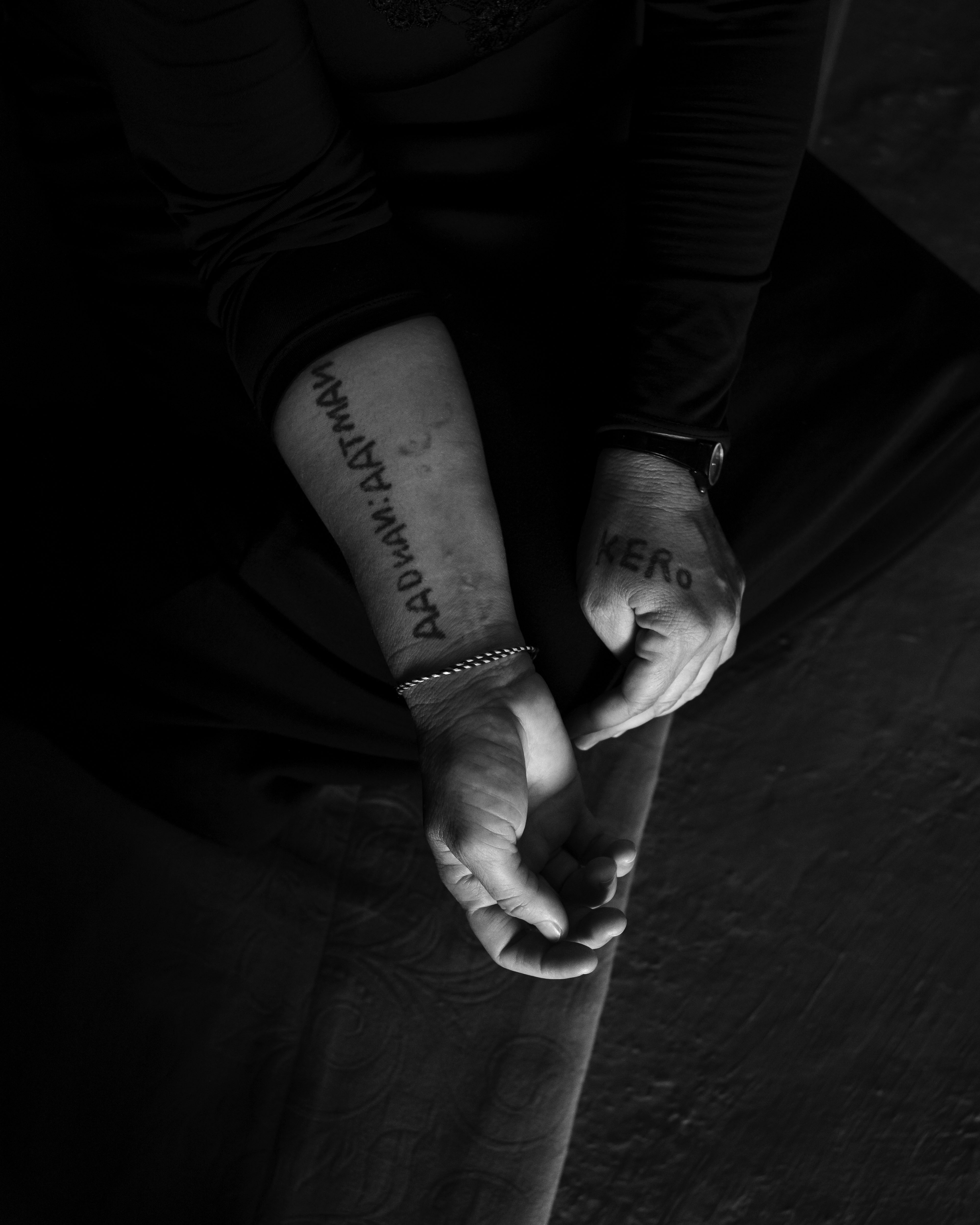The Yazidis are a small minority indigenous to Mesopotamia who are united by their ethnic and religious identity.
“As an ancient monotheistic religion, Yazidism shares elements with other Middle Eastern traditions [e.g. elements of Islam (Shiism, Sufism); Christianity (Nestorianism); Proto-Indo-Iranian religion; and Kurdish, Judaic, and Gnostic mythologies] but is set apart by its prayer rituals, a belief in reincarnation, and the central role of the Peacock Angel, Tawusi Malek, who is worshiped as messenger to the Yazidi god.”
“Considering themselves as Adam’s only real descendants […], Yazidis tend to only live among themselves […] and do not allow conversions or interreligious marriage, not even with Muslim Kurds. The most serious punishment for a believer is to be expelled from the community.”
Photo: Agata Grzybowska
Yazidi religion is underpinned by the belief in one demiurge (Allah), who created the world but, becoming disinterested in it, ceased direct involvement post-creation. Instead he created seven divine beings, angelic emanations of Himself, with the supreme leader among them being the Peacock Angel, Tawusi Malek.
According to Yazidi myth, the first man created by God was to be immortal and flawless. However, Tawusi Malek was critical of God’s decisions, contending that since Adam was to reproduce, he therefore could not be considered perfect and immortal. Moreover, he must eat wheat, which he had been forbidden from doing. So God told the angel he was leaving the decision to him, thereby placing the destiny of the world in the hands of the Peacock Angel. Adam subsequently ate the wheat, was expelled from paradise, and a second generation of Yazidis was born.
Tawusi Malek became the direct link between God and humankind, and thus the primary recipient of Yazidi prayers.
According to the Yazidi belief system, the greater world exists without concepts of evil, sin, or the Devil. It is within humans, in their minds and souls, that the potential for good and evil reside together. The path a human chooses depends solely on the exercise of their free will.
Some antagonistic Muslims and Christians have denounced Yazidis as pagans or Satanists, describing Tawusi Malek as a “fallen angel,” i.e. Satan, and repeatedly branding Yazidis as “devil worshipers.” The relative hermeticism of their community and religion has been used against them, with negative stereotypes and falsehoods about them allowed to proliferate in Western European and Muslim cultures. Misinterpretations and misrepresentations of Yazidi myths, legends, and beliefs have been used throughout history to “justify” genocidal acts targeting them.
Sources:
1. “About the Genocide,” Nadia’s Initiative website, https://www.nadiasinitiative.org/the-genocide
2. Nadia Murad, The Last Girl: My Story of Captivity, and My Fight Against the Islamic State (New York: Crown, 2017)
3. Zbigniew Landowski, Islam – nurty, odłamy, sekty [Islam: Currents, Factions, Sects] (Poznań: Książka i Wiedza, 2008)
Footnotes
- “Who Are the Yazidis?”, Nadia’s Initiative website, https://www.nadiasinitiative.org/the-genocide [URL accessed November 14, 2022]
- https://www.resetdoc.org/story/the-yazidis-myth-and-reality-of-a-religious-group-of-proud-anti-is-fighters [URL accessed November 14, 2022]



